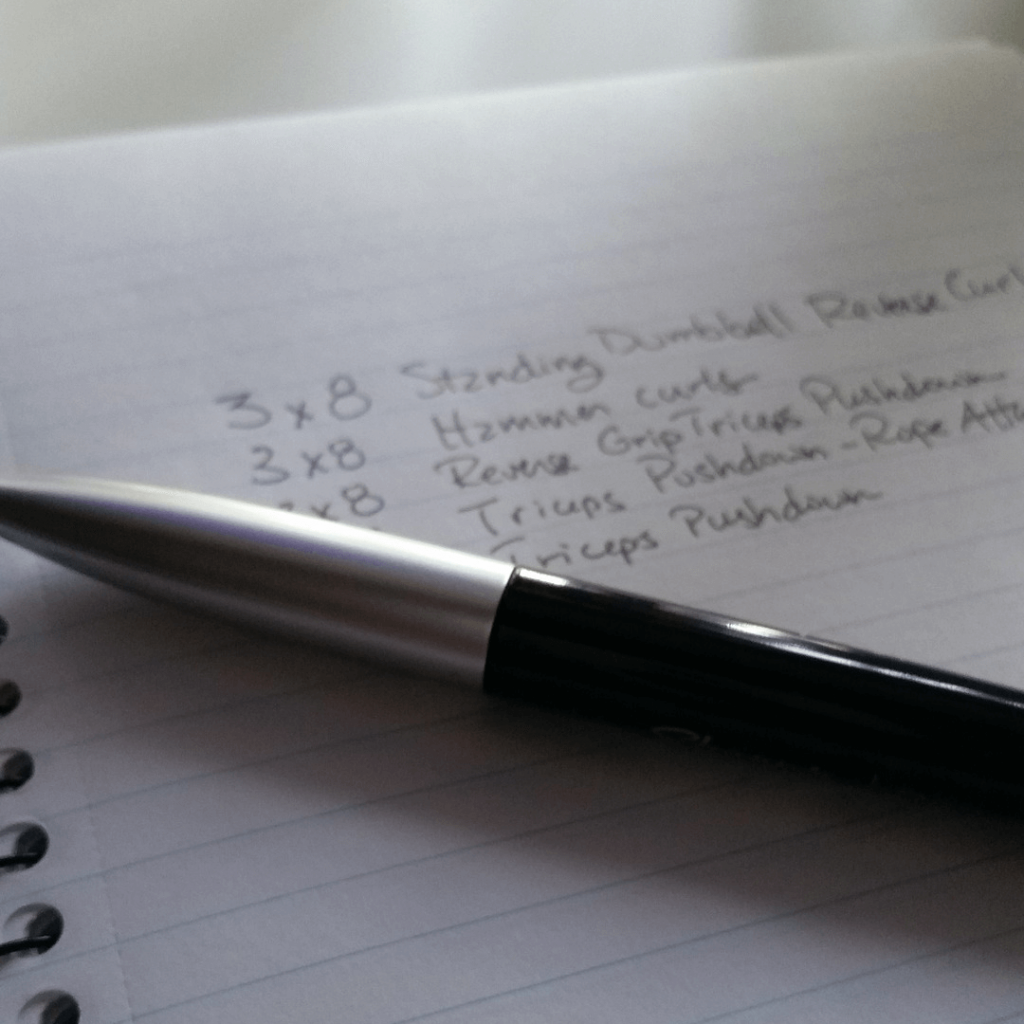Can Positive Thinking Actually Make You a Better Runner?

“Man is what he believes.” Anton Chekhov
While some dismiss the art of positive thinking as airy-fairy claptrap, others swear by its effectiveness. Take, for example, Olympic medalist, Deena Kastor. With a professional running career that included participation in three Olympic Games, an Olympic bronze medal in the marathon, American records held in distances from the 5K to the marathon, and two silver medals at the World Cross-Country Championships, it’s hard to believe that, according to Kastor, none of this would have happened without the power of positive thinking.

While most would assume that Kastor would attribute her running success to consistent lung- and quad-busting workouts, she surprisingly doesn’t. In her latest book (which she co-wrote with Michelle Hamilton), Let the mind run: A memoir of thinking my way to victory, she credits it all to slowly, but surely changing her thought patterns to being more positive.
But is the benefits of positive thinking on athletic performance backed by science?
Yes, we know what you’re thinking. If something works for a single professional runner, that doesn’t make it science, right? Of course. So, if you’re a non-believer, fasten your seat belt. You’ll be surprised to hear that the impact of positive thinking on athletic performance, has, in fact, been studied quite extensively. Here, in short, are some of the most recent findings:
1. The impact of motivational self-talk on endurance performance
A small-scale study published in Medicine & Science in Sports & Exercise in 2014 looked at the impact of motivational self-talk on endurance performance and the rating of perceived exertion (RPE). After two constant load cycling time-to-exhaustion tests interspersed by a two-week motivational self-talk or control phase, it was determined that motivational self-talk “significantly reduces RPE and enhances endurance performance”. The research team furthermore concluded that these findings “support the psychobiological model of endurance performance and illustrate that psychobiological interventions designed to specifically target favorable changes in the perception of effort are beneficial to endurance performance”. So never underestimate the power of positive self-talk while exercising – it may just help you hang in there for longer.

2. The impact of motivational self-talk on endurance performance in environmentally challenging conditions – Part I
And while the study above looked at the impact of motivational self-talk on endurance performance in controlled conditions, a study published in the Journal of Applied Sport Psychology in 2017 did a similar experiment, but in hot, humid conditions. In the latter study, after completing some baseline assessments and initial trials, 16 physically active adult men completed a 30-minute cycling session in 35°C and 45% relative humidity at a steady rate of perceived exertion. It was found that study participants who had a positive self-talk intervention during the cycling session produced a greater power output during the final third of the experiment. The research team, therefore, concluded that “the self-talk strategy seems to have compromised the aversive effects of the demanding environmental conditions and provide support for the psychobiological model of endurance performance”.
3. The impact of motivational self-talk on endurance performance in environmentally challenging conditions – Part II
These findings were confirmed by a different research team who did a similar experiment, of which the results were published in Medicine & Science in Sports & Exercise in 2017. The latter study involved 14 trained male and 4 trained female cyclists, who did 30 minutes of cycling at 60% peak power output (PPO) in 35°C and at 50% relative humidity (with ~3.0 m·s airflow), followed by a 30-minute rest period and a time to exhaustion test at 80% PPO. The latter was once again followed by an identical rest period.
It was found that motivational self-talk significantly increased the time to exhaustion, causing the research team to conclude that “motivational self-talk is effective in altering the internal psychophysiological control of exercise and plays a role in improving endurance capacity and executive function in the heat”.

4. The impact of positive workout memories on future workouts
And while all three of the above studies focused on the impact of positive self-talk on athletic endurance, another study found that it may just improve running consistency too. Published in Memory in 2014, this study investigated the impact of positive exercise-related memories on future motivation to exercise in 150 undergraduate college students. It was found that students who recalled positive exercise-related memories engaged in higher levels of subsequent exercise than those who didn’t. The research team, therefore, concluded that “activating a positive motivational memory had a significant effect on students’ self-reported exercise activity even after controlling for prior attitudes, motivation and exercise activity”.
So banish that embarrassing high school track-and-field mishap from your memory for good. Instead, focus on the memory of recently smashing a long-standing PB – it might just keep you coming back for more!
Read also about best shoes for the track.
Tips for making your own inner voice more positive
It is evident then that Deena Kastor may, after all, be onto something. But how exactly do you reap the rewards of positive self-talk? Where do you start? Here are a few tips from Kaster herself, and others, to get you started:
- Realize your power. According to Greg Chertok, director of sports psychology at the Physical Medicine and Rehabilitation Center, New Jersey, the trick to overcoming negative thoughts is often to realize that you, and you alone, have the power to silence them. So make a conscious effort to pay attention to your inner voice. Stay on top of your thinking. And when you catch yourself mentally beating yourself up, employ a stop mechanism to change the focus to something positive. Do it every time.
- Banish doubt with evidence. If you start doubting your ability to clock a PB during some sluggish taper runs, prove the opposite by reminding yourself of the concrete training evidence. Page through your training diary if you have to. You’ve done your long runs, you’ve done your speed work, and you’ve clocked many PBs before. There’s absolutely no reason why you can’t do it again.

- Run your own race. Seeing a faster or fitter runner on a training run may fill your head with thoughts of self-doubt. Don’t let it. Focus on your own running journey. Banish comparative thoughts with a positive mantra, like “I’m doing what I can with what I have”.
- Change your inner vocabulary. Kastor took a hard look at the words that frequented her vocabulary, and found words like “cold”, “hard” and “tired”. She then replaced these with words depicting courage and strength, like “challenging”, “tough” and “adapting”. Why not do the same?
- Realize that this isn’t a “one-thought-fixes-all” approach. Kastor uses different positive-thinking approaches on different days and in different situations. On some days, a motivating playlist or podcast may get her through a tough workout. On other days, she literally has to coach herself, with the aid of a positive mantra, through every last mile. So find different approaches that may work for you and cycle through them as necessary.
You deserve it!
Why not give it a try? Instead of mentally beating yourself up, be your own best and biggest supporter. Change your inner dialogue to be supportive and kind. Because if anyone deserves some encouragement after all the effort you put into training, it’s you!
Sources
- , Talking yourself out of exhaustion: the effects of self-talk on endurance performance, Scientific journal
- , Deena Kastor: The Tiny Tweak That Completely Changed My Running Career, Online publication
- , Beat Mental Roadblocks on the Run, Online publication
- , Using memories to motivate future behaviour: an experimental exercise intervention, Scientific journal
- , Beat the Heat: Effects of a Motivational Self-Talk Intervention on Endurance Performance, Scientific journal
- , Effects of Motivational Self-Talk on Endurance and Cognitive Performance in the Heat, Scientific journal
Latest Articles
 Is Running on a Treadmill Easier Than Running Outside?Runners have their own preferences, whether it is treadmill running, running outside on the road, or exploring trails. So...
Is Running on a Treadmill Easier Than Running Outside?Runners have their own preferences, whether it is treadmill running, running outside on the road, or exploring trails. So... Is It OK to Use Trail Running Shoes on the Road?While trail running shoes can be used on roads, especially in situations where a runner encounters mixed terrains or pref...
Is It OK to Use Trail Running Shoes on the Road?While trail running shoes can be used on roads, especially in situations where a runner encounters mixed terrains or pref... How to Fix Sore Quads After Running?Rest, ice, gentle stretching, and over-the-counter pain relievers can help soothe sore quads after running. Also, ensure ...
How to Fix Sore Quads After Running?Rest, ice, gentle stretching, and over-the-counter pain relievers can help soothe sore quads after running. Also, ensure ... 10 Fruits With The Most Electrolytes to Replace Sports DrinksThese fruits are high in electrolytes such as potassium, magnesium, and calcium, essential for hydration, muscle function...
10 Fruits With The Most Electrolytes to Replace Sports DrinksThese fruits are high in electrolytes such as potassium, magnesium, and calcium, essential for hydration, muscle function...

